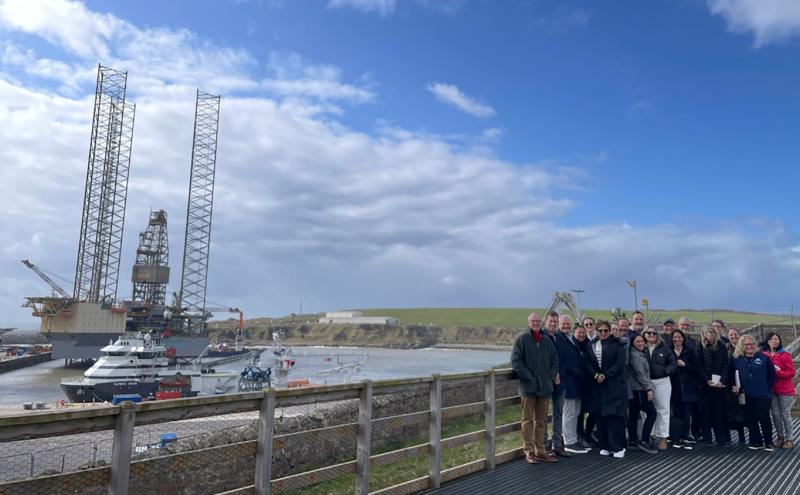
Debate over whether human activity is changing the climate is largely over. Deniers have been relegated to the fringes, for the most part, while the serious discussion among government policy makers, activists, and even corporate leaders has turned to what our response to climate change should be.
As we move onto the conversation about what to do, it helps to understand the primary two positions--both of which are driven by a sincere desire to address the climate crisis. For simplicity, I think of the two camps as austerity environmentalists and constructive environmentalists.
The austerity camp calls for a recalibration of consumption in industrialized countries. Over the last century, we grew the economy on the cheap by burning fossil fuels without paying for the consequences. Now the chickens are coming home to roost. To stand a chance at avoiding the worst outcomes of the climate crisis, austerity advocates say, we need to roll back these unrealistic expectations of consumption. Less air travel, smaller homes, little or no meat, fewer cars, and less A/C.
For inhabitants of developing countries, who make up the vast majority of the world's population, the implication is clear: comforts that the middle classes in other countries took for granted are not for you. Strive for an electric bike, rather than an electric car. Consider a trip to a neighboring province rather than Paris. Turn down the A/C, bundle up in winter, and consider a garden burger instead of that beef patty. Those middle class comforts should increasingly become a luxury item.
The constructive environmentalists take a different approach. The solution is to build our way out of the crisis. More pylons for a greatly expanded power grid, industrial scale wind and solar farms to replace coal and fossil gas power plants, and new mines and factories to scale battery production as we electrify everything we can. With history as a guide, they look to scientific innovation and market forces to provide the technology and industrial capacity needed to address a global crisis. Remember acid rain, the hole in the ozone layer, and leaded gas? We can beat climate change, too!
It doesn't take much to see the problems with each approach. While the message of austerity environmentalism is politically problematic in industrialized countries like the U.S., it's dead-on-arrival in the developing world. The U.S. and Western Europe built enormous wealth on profligate consumption of fossil fuels and are now pulling up the ladder behind us. Sorry, India, you missed the boat!
On the other hand, the constructive environmentalists can stumble into what critics call green colonialism. In the interest of stopping climate change without changing consumption patterns, they'll despoil landscapes and ignore human rights abuses. Just look at cobalt mining in the Democratic Republic of Congo, a critical link in the battery supply chain.
The debate is only going to intensify as the impacts of climate change mount and the urgency of fighting it builds political power. Ten years ago, the Biden Administration's landmark environmental legislation, cheekily titled the Inflation Reduction Act, would have been politically impossible. Locally, our state's Climate Commitment Act is a model for creating incentives to drive the growth of the green economy. As we move into implementation, the key will be adopting the strengths of both the austerity and constructive environmentalists. For example, we do need to build an entirely new energy sector on renewables, but the projects need to start with local community input--rather than waiting until final permitting.
In that vein, I'm leading a delegation this week to Scotland and Denmark to study offshore wind and maritime decarbonization. The impetus was a recent federal auction to kickstart California’s development of offshore wind. Our goal is to understand the benefits and costs. How will an offshore wind industry on the West Coast impact tribes, coastal communities, and fisheries? Can Washington State support California's projects with our manufacturing sector, skilled workforce, and maritime expertise? We chose Scotland because they have wrestled with some of these same questions in the development of their own industry and are now home to the largest floating offshore wind farm in the world. Like us, they require floating platforms to harvest wind in deep waters, have historic fisheries that need to be protected first and foremost, and have robust maritime industries. In Denmark, we will visit one of the largest windports in the world to understand how Washington ports could benefit in the form of jobs and economic activity as the industry in California ramps up.
While the environmental benefits of renewables like wind are clear, the potential impacts of a poorly planned project can undermine those benefits. As we consider how to create new renewables for our energy sector, local communities should be at the table--and not on the menu.


